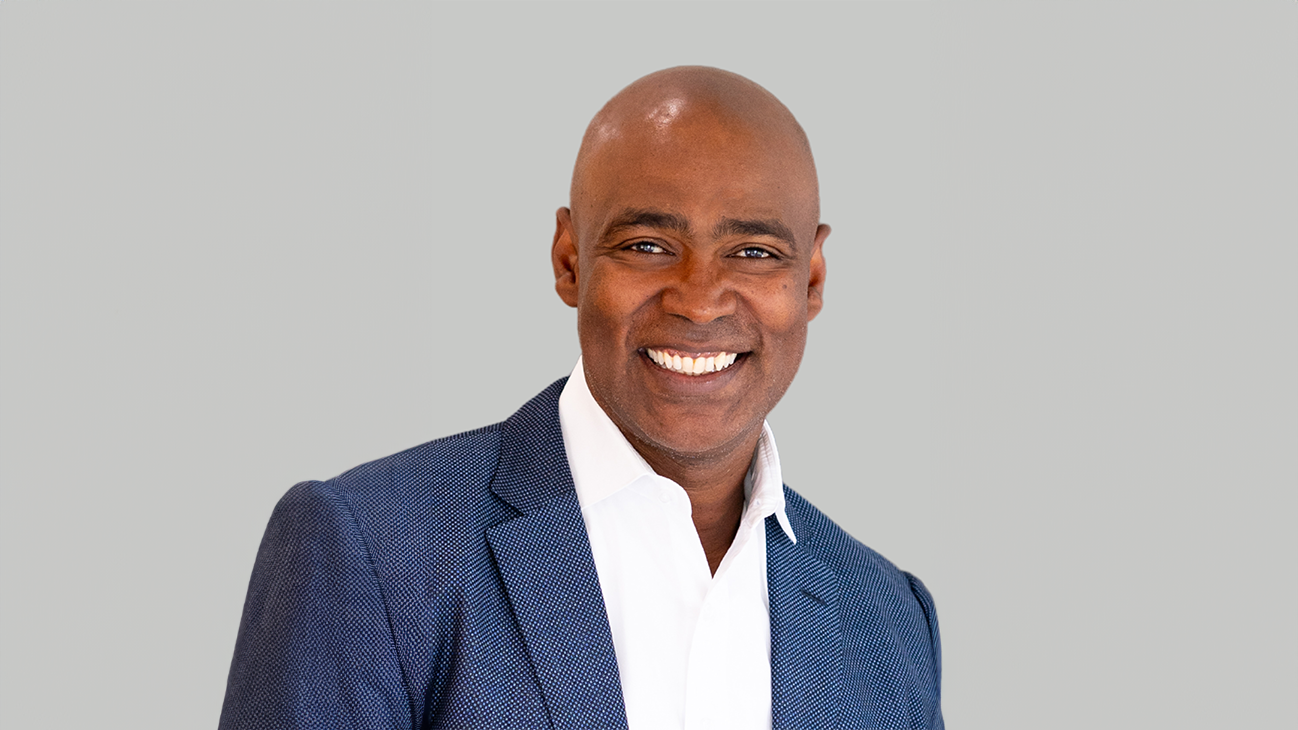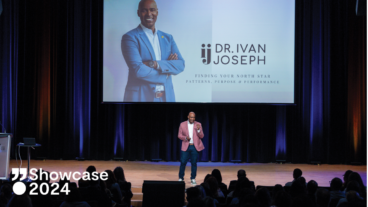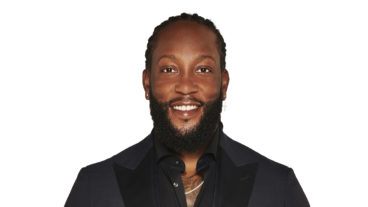Remember when Tiger Woods exploded onto the golf scene and turned the sport on its head? Suddenly, golf wasn’t just for country club elites — it became a global phenomenon. Interest from diverse communities skyrocketed, golf courses filled up, and equipment sales soared. Nike, ever the savvy marketer, built an entire golf division around Tiger, raking in $60 million in golf ball sales alone in the first year of the partnership.
It wasn’t just about money. It was about seeing someone who looked different — someone who didn’t fit the traditional mold — dominate a sport and, in doing so, inspire a whole new generation.
The same principle can also apply in the workplace. A 2018 McKinsey study found that companies in the top quartile for racial and ethnic diversity were 35% more likely to outperform their industry peers financially. Companies with greater gender diversity? 15% more profitable.
In simple terms: diversity isn’t just a feel-good initiative — it’s a competitive advantage.
The Myth of Meritocracy
Knowing all this, I can’t help but scratch my head at what’s happening south of the 49th parallel. Everywhere I turn, I hear the rallying cry: “Meritocracy! Meritocracy! Meritocracy!”
I imagine the phrase echoing through the streets like Paul Revere galloping on horseback. Look, I get it. The idea that the best person should get the job, free from bias, is a great one; but here’s the thing — without deliberate policies that promote diversity, the status quo wins. When the status quo wins, innovation, performance, and excellence take a hit.
Why? Bias is real. It’s a fundamental part of human decision-making; and if left unchecked, it keeps organizations from truly being meritocratic.
Bias in Action: The Resume Experiment
One of the most famous studies on bias in hiring comes from economists Marianne Bertrand and Sendhil Mullainathan. They sent out thousands of resumes with identical qualifications — except for the names. Candidates with names like Emily and Greg received 50% more callbacks than those with names like Lakisha and Jamal.
Think about that. Just a name — a single word on a piece of paper — was enough to create a massive disadvantage. Now, imagine how disability, age, gender, or race play into hiring and promotion decisions every single day.
Without policies to counteract these biases — blind resume reviews, diverse hiring panels, structured interviews — organizations miss out on top talent. Now I’m not talking about “affirmative action” or “quota hiring”, DEI is about making sure we’re not unintentionally shutting out excellence because of systemic barriers and bias.
The Business Case for DEI
Diversity isn’t just nice to have — it’s a business imperative. Let’s talk numbers:
- Higher financial performance: A Boston Consulting Group study found that companies with diverse leadership teams generate 19% more revenue from innovation.
- Greater market share: A Harvard Business Review report showed that diverse companies are 70% more likely to capture new markets.
- Stronger decision-making: A Cloverpop study found that diverse teams make better business decisions 87% of the time. (That’s a lot of bad decisions avoided.)
DEI Policies Don’t Lower Standards — They Expand the Pool
Some argue, “If we just hire the best candidate, diversity will happen naturally.” History — and research — tells a different story. Without intentional DEI policies, organizations default to hiring people who fit the existing mold. The same networks, the same biases, the same barriers keep traditional power structures intact.
Let me give you a real-world example. When I was hiring a basketball coach, the job description required three years of university coaching experience. Seems fair, right? Except, at the time, there wasn’t a single racialized head or assistant coach in the entire country. The pipeline was broken. So, I broadened the criteria and found a championship-winning high school coach. He went on to lead our university to its first conference title, its first national championship medal, and eventually, he coached in the NBA.
Was he underqualified? No. He was differently prepared. Sometimes, different is exactly what’s needed.
Inclusion isn’t Charity, it’s Strategy.
Diversity polices can lead to stronger, more innovative, more resilient organizations. The best teams win, and the best teams are diverse. FULL STOP.
An award-winning coach, prominent educator, and accomplished leader, Dr. Ivan Joseph has spent his career leading cultural transformation and building cohesive teams. His research has focused on understanding how self-confidence drives performance and now, as an internationally renowned speaker, he shares this knowledge to help leaders cultivate inclusive, high-performing workplace cultures. Dynamic and engaging, Joseph always leaves audiences with a memorable experience that adds value long after the presentation ends.
Contact us to learn more about Ivan and how his informative and uplifting keynotes can help amplify your team’s performance!




